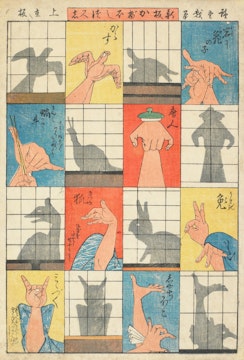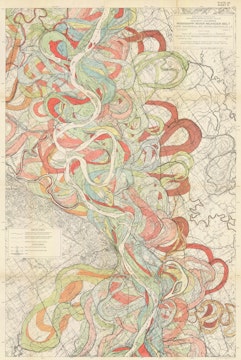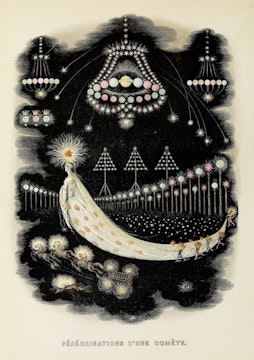
Despotism (1946)
"You can roughly locate any community in the world somewhere along a scale running all the way from democracy to despotism", so begins this short from Encyclopaedia Britannica Films, published a year after the end of the Second World War. The film goes on to illustrate (with some wonderful graphics, archive clips, and reconstructions) the idea that despotism has two chief characteristics — restricted respect and concentrated power.
A community is low on a respect scale if common courtesy is withheld from large groups of people on account of their political attitudes; if people are rude to others because they think their wealth and position gives them that right, or because they don't like a man's race or his religion.
It also identifies two of the conditions which have historically promoted the growth of despotism — a slanted economic distribution and a strict control of the agencies of communication.
One commenter on the Internet Archive has this quite salient point to make:
A very interesting film that has one major flaw. Distraction rather than control is the key to the Despotism of Huxley's "Brave New World". The information scale is pushed through the roof to the point of trivialization which paradoxically results in the *quality* of the information going through the floor. Critical thinking is crippled not so much by control but by overload.
See its companion film Democracy, released a year earlier, here. And here's some further reading in the form of Hannah Arendt's The Origins of Totalitarianism.
Feb 2, 2017









